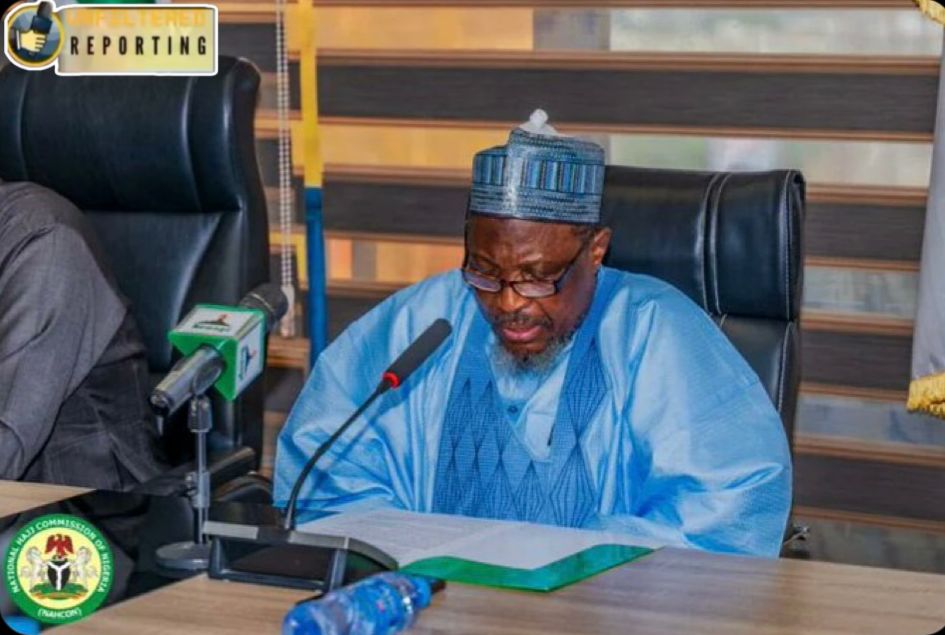NAHCON Says Service Contract Review, FG’s Support Prevented Waste, Lowered Costs in 2025 Hajj

The National Hajj Commission of Nigeria (NAHCON) has credited timely contract adjustments and decisive Federal Government interventions with averting waste and reducing costs during the 2025 Hajj exercise.
Speaking at a stakeholders’ briefing in Abuja, NAHCON Chairman, Professor Abdullahi Saleh Usman, explained that the commission was forced to review its service agreement with Mashariq Al-Dhahabia after actual pilgrim registration stood at 52,544, well below the initial projection of 95,000.
He noted that realigning the contract to match actual numbers saved funds that would otherwise have been lost to unused hotel rooms, transport and feeding arrangements, and ultimately eased the financial burden on pilgrims.
Professor Usman also highlighted the critical role of the Federal Government in stabilising the exercise, pointing to the N90 billion subsidy approved for the 2024 Hajj, the settlement of outstanding obligations to airlines, and measures to reduce exposure to foreign exchange shocks. He added that these interventions allowed NAHCON to negotiate better terms with service providers and secure more affordable fares for pilgrims.
The commission also disclosed that refunds had been made for unrendered services from previous exercises and that efforts were underway to expand the Hajj Savings Scheme to help more Nigerians prepare for the pilgrimage without undue hardship.
While NAHCON acknowledged some challenges, including delayed payments to a few service providers and logistical complaints from pilgrims, it insisted the overall outcome of the 2025 Hajj marked a turning point in Nigeria’s management of the annual exercise.
Civil society groups and stakeholders have, however, urged the commission to conduct a transparent post-Hajj review to address service delivery lapses and build on the financial prudence recorded this year. NAHCON maintained that it is committed to accountability, open stakeholder engagement, and stronger reforms to ensure future pilgrimages are more efficient, affordable, and resilient to economic shocks.








